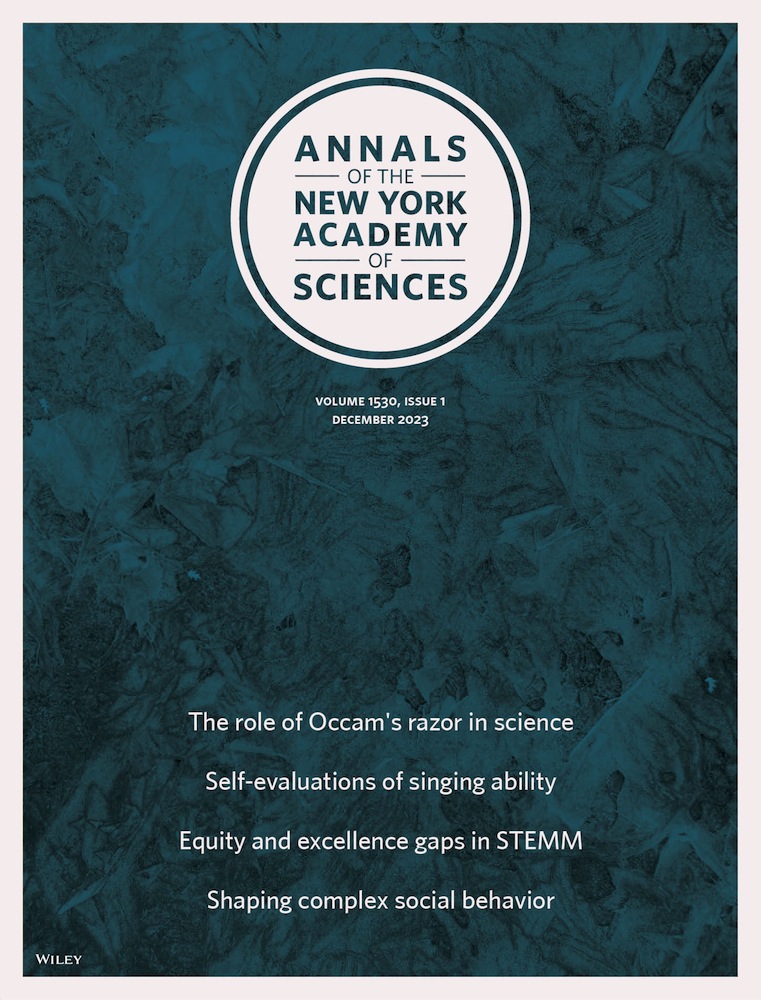意识形态的阴暗面:意识形态世界观与反民主态度。
IF 4.8
3区 综合性期刊
Q1 MULTIDISCIPLINARY SCIENCES
引用次数: 0
摘要
本研究调查了英国成年人(N = 824)异质样本中意识形态世界观的不同方面与反对自由民主原则之间的联系。与假设一致,系统正当性世界观(例如,威权主义和社会支配取向)和系统挑战世界观(例如,需要混乱和对富人和强者的偏见)都与反民主态度密切相关,调整其他预测因素和人口变量-这些关联被感知到的民主制度的非法性所中介。世界观的几个与系统无关的方面,包括简单的认识论(例如,缺乏积极开放的思维)和对政治对手反民主态度的误解,也强有力地预测了反民主态度,而政治偏见、社会不满和感知的优越感或自我和内部群体则表现出不那么强有力的影响。在更具体的层面上,支持民主选举、审查制度、政治暴力和剥夺群体权利的最强预测因素分别是积极的开放思想、威权主义、对混乱的需求和社会主导取向。综上所述,这些发现有助于对反民主态度的心理基础有更统一、更细致的理解。本文章由计算机程序翻译,如有差异,请以英文原文为准。
The Dark Side of Ideology: Ideological Worldviews and Antidemocratic Attitudes.
This research investigated associations between diverse aspects of ideological worldviews and opposition to principles of liberal democracy in a heterogeneous sample of UK adults (N = 824). In line with the hypotheses, both system-justifying worldviews (e.g., authoritarianism and social dominance orientation) and system-challenging worldviews (e.g., need for chaos and prejudice against the rich and powerful) were robustly associated with antidemocratic attitudes, adjusting for other predictors and demographic variables-and these associations were mediated by perceived illegitimacy of the democratic system. Several system-orthogonal aspects of worldviews, including a simplistic epistemology (e.g., lack of actively open-minded thinking) and misperceptions of antidemocratic attitudes among political opponents, also robustly predicted antidemocratic attitudes, while political prejudice, societal discontent, and perceived superiority or the self and ingroup showed less robust effects. At a more specific level, the strongest predictors of support for democratic elections, censorship, political violence, and denying groups their rights were actively open-minded thinking, authoritarianism, need for chaos, and social dominance orientation, respectively. Taken together, the findings contribute to a more unified and nuanced understanding of the psychological underpinnings of antidemocratic attitudes.
求助全文
通过发布文献求助,成功后即可免费获取论文全文。
去求助
来源期刊

Annals of the New York Academy of Sciences
综合性期刊-综合性期刊
CiteScore
11.00
自引率
1.90%
发文量
193
审稿时长
2-4 weeks
期刊介绍:
Published on behalf of the New York Academy of Sciences, Annals of the New York Academy of Sciences provides multidisciplinary perspectives on research of current scientific interest with far-reaching implications for the wider scientific community and society at large. Each special issue assembles the best thinking of key contributors to a field of investigation at a time when emerging developments offer the promise of new insight. Individually themed, Annals special issues stimulate new ways to think about science by providing a neutral forum for discourse—within and across many institutions and fields.
 求助内容:
求助内容: 应助结果提醒方式:
应助结果提醒方式:


